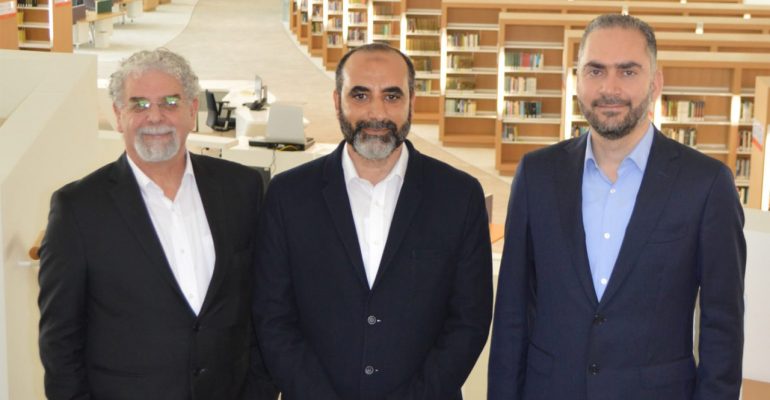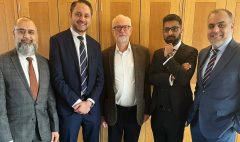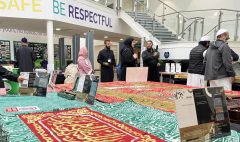HBKU College of Islamic Studies gives insight into Islamic ethics and Covid-19 pandemic
August 22, 2020 2023-05-15 11:26HBKU College of Islamic Studies gives insight into Islamic ethics and Covid-19 pandemic

HBKU College of Islamic Studies gives insight into Islamic ethics and Covid-19 pandemic
The College of Islamic Studies (CIS) at Hamad Bin Khalifa University (HBKU) has recently collaborated with Belgium’s Katholieke Universiteit Leuven (KU Leuven). This collaboration was reflected in joint academic activities between the Centre for Islamic Legislation and Ethics (CILE) and KU Leuven’s Leuven Centre for the Study of Islam, Culture and Society (LCSICS) to deliver a virtual summer school and an international conference. It was cemented with a memorandum of understanding between the institutions.
Taking place from August 9 to 12, the Islamic Ethics and the Covid-19 pandemic summer school provided participants interested in Islamic ethics with the skills and knowledge to critically engage with the global ethical discourse surrounding Covid-19. Over the course of four days, participants became familiar with case studies of pandemic diseases and their effects on Muslim societies in medieval, colonial and contemporary times, such as congregational rituals, medical rationing and triage. This was accompanied by an analysis of the ethical approaches and discourses relating to Covid-19, including secular bioethics and varying Islamic approaches to scriptural, theological and juristic aspects.
The summer school initiative highlights CILE’s distinctiveness in leading the interdisciplinary field of Islamic Ethics. Some of the school’s key speakers included CIS faculty Dr Mohamed Ghaly, Dr Mutaz al-Khatib and Dr Rajai Ray Jureidini, along with professors from Leuven and Germany including Dr Umar Ryad, Dr Arjan Post and Dr Samer Rashwani.
CIS has established a two-year Master of Arts program in Applied Islamic Ethics which combines the fundamentals of interdisciplinary scholarship in Islamic Studies with the practical skills of research. The program addresses the challenge of balancing between taking the lead in cutting-edge research and technology on the one hand, and being conscious of and faithful to one’s religious and cultural identity on the other hand.
Source: MENAFN








